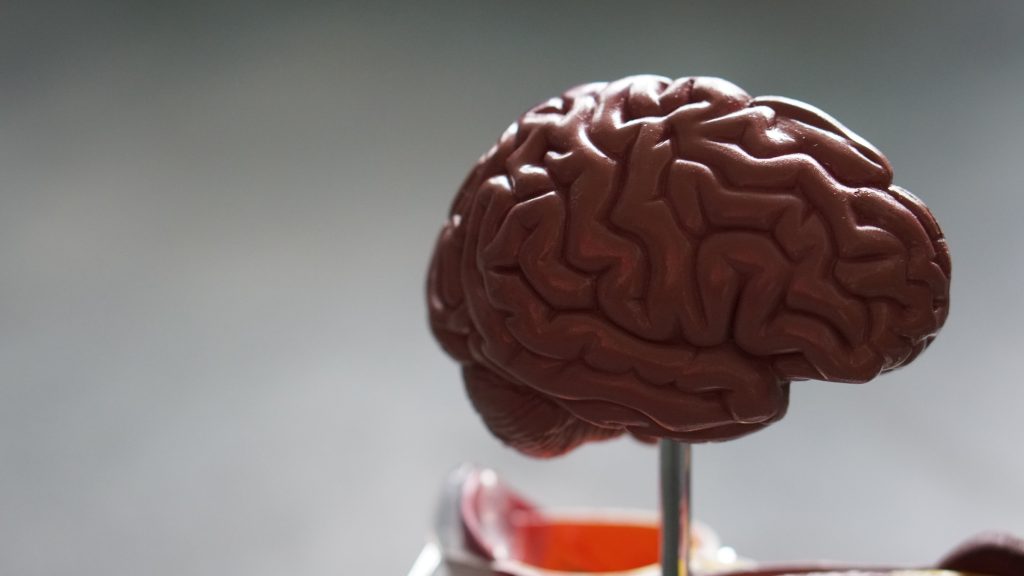The Gift Of Letting Go: Exploring The Evolutionary Reasons For Forgetfulness
The human brain, a remarkable example of complexity, operates in a fascinating manner: it has the ability to forget. While forgetting might seem counterproductive, it’s an integral part of the brain’s design, serving various essential functions that contribute to cognitive efficiency, learning, and mental well-being.

One reason for our brain’s forgetfulness lies in the necessity to prioritize information. In a world teeming with sensory inputs and experiences, not all information is of equal importance. Our brains are finely tuned to identify and retain data that hold significance, such as skills, facts, and experiences crucial for survival and adaptation.
This filtering mechanism prevents cognitive overload and ensures that relevant and useful information remains accessible.
Additionally, forgetting enhances learning. As we gain fresh knowledge or skills, our brain initiates a process of synaptic plasticity, enhancing the connections between neurons. Over time, some details may become less relevant, and the brain starts to prune away unused or less critical connections. This synaptic pruning optimizes memory storage and cognitive performance, allowing us to efficiently retain valuable information.

Furthermore, forgetting fosters mental flexibility. Memories are not static; they are reconstructed each time we recall them. This reconstruction can lead to inaccuracies or biases. Forgetting, in a way, allows the brain to “update” memories, integrating new information and experiences. This adaptability is crucial for our ability to make informed decisions and navigate an ever-changing world.
Emotional well-being also benefits from forgetting. Painful or traumatic memories can lead to psychological distress and anxiety. Forgetting, or at least diminishing the emotional intensity associated with such memories, is a natural protective mechanism that helps us cope and move forward.
